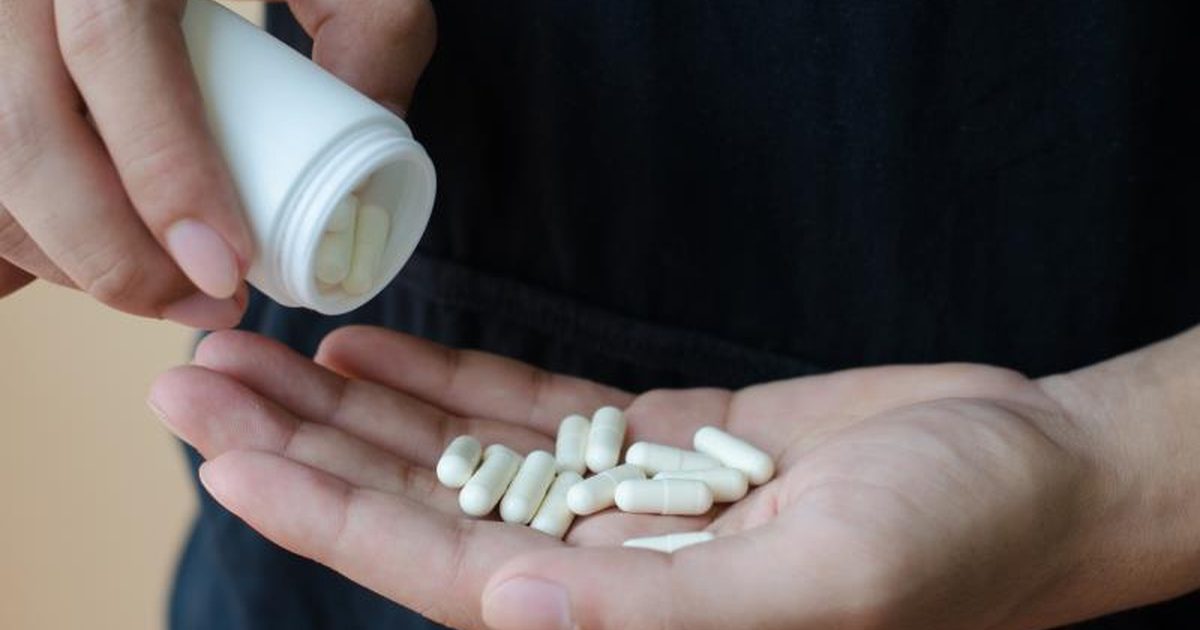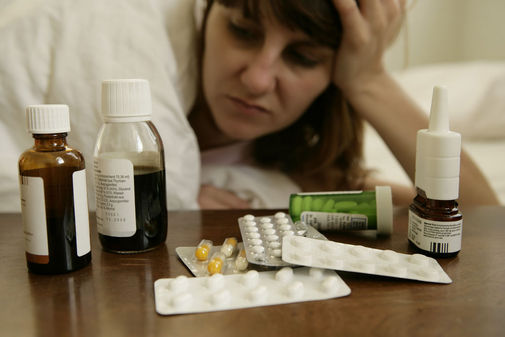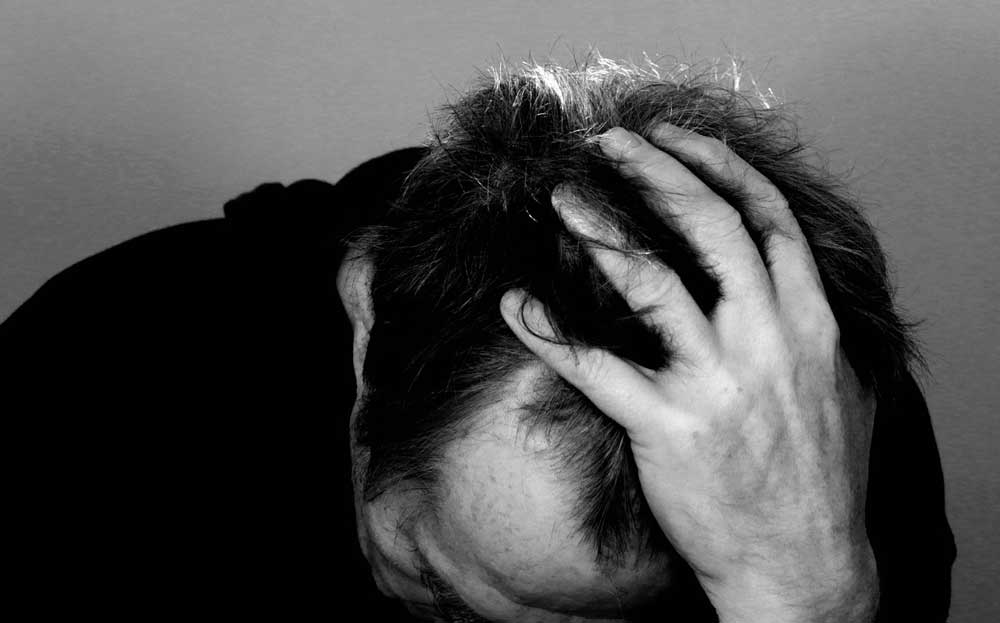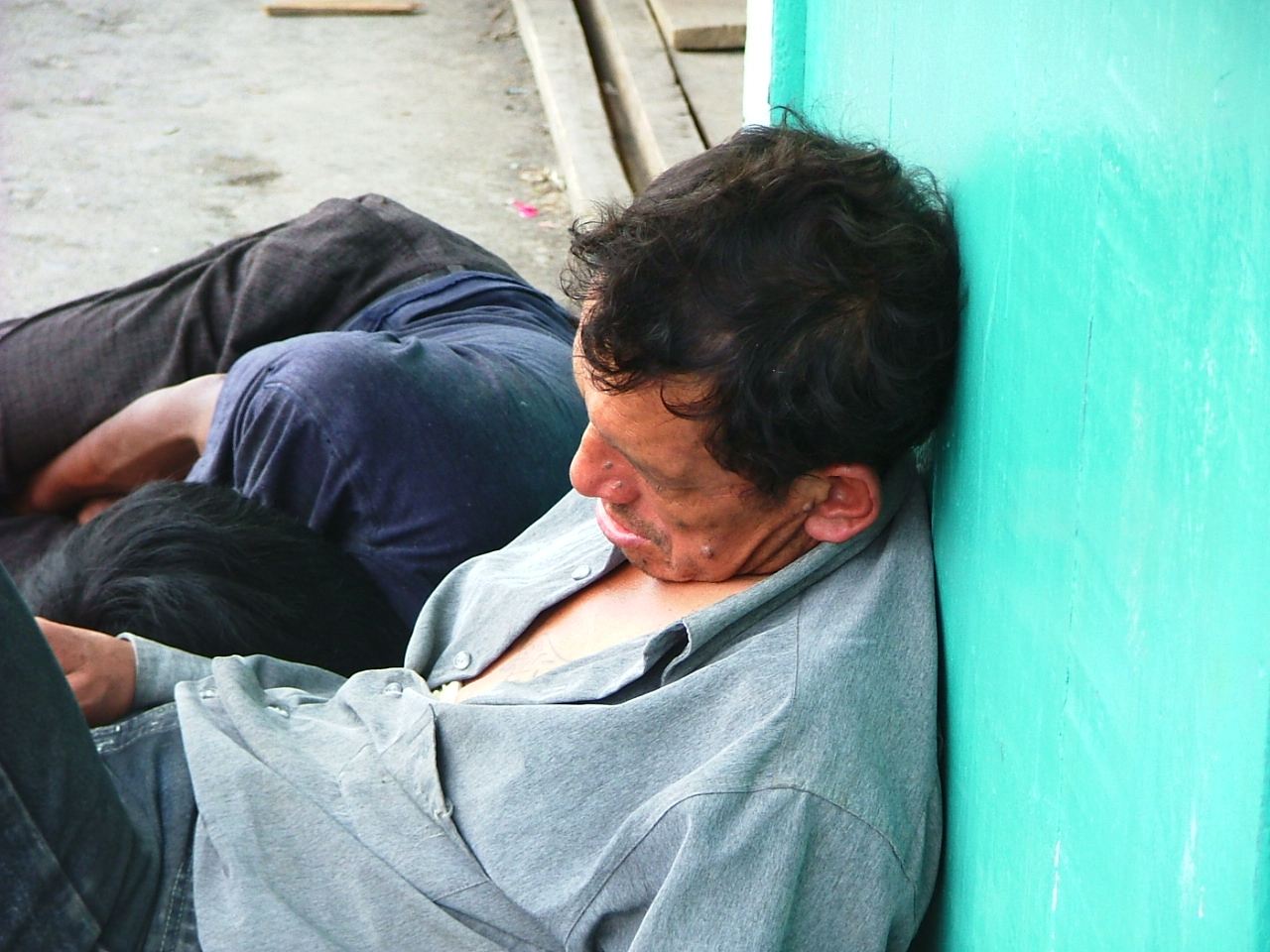Drug dependence and relapse prevention

Drug dependence and relapse prevention are possible
Drug dependence and relapse prevention: Finding solutions of relapse
When we allude to the fact that prevention is better than cure what really get into your mind? In the context of relapse prevention, it is possible that you might think alcohol or drug dependence relapse prevention is all about developing the ability to say no to your chemical of choice. However, a person who struggles with chemical dependency may not be able to say no to every temptation meaning that, prevention actually starts quite early even before the opportunity for relapse occurs. Experts at AWAREmed Health and Wellness Resource Center have stated categorically that in the process of addiction recovery relapse is almost inevitable. Nearly every patient who has gone through treatment has relapsed in one way or the other. And in fact, a comprehensive plan should account for social interactions, emotional triggers and the development of positive coping mechanisms says doctor Dalal Akoury MD who is also the founder of AWAREmed Health and Wellness Resource Center.
Drug dependency and relapse prevention: Staying sober is not a solo performance
According to studies conducted by the National Institute on Drug Abuse, men experience relapses more frequently than women do after completing treatment programs for drug dependency. The main reason for this difference is linked to the fact that women are more likely to seek outside assistance in the form of group counseling. Remember that whether you are dealing with drug or alcohol relapse prevention, it is important to note that staying sober is not a solo performance.
Having close association with people is very healthy in the prevention of relapse. Therefore when one is feeling isolated in whichever way either by the disease process itself, it is vital that such people need to interact on a regular basis with other people who are able to identify issues and offer moral support. The following are some of the benefits one can get from a support group include:
- Gaining assistance with alcohol or drug relapse prevention plans
- Reducing stress or depression through appropriate social interactions
- Developing positive friendships with individuals who will not encourage drug or alcohol use
- Learning to empower yourself and develop control
- Engaging with an anonymous source of support and communication
Finally, because of the nature of drug dependency and the repeated relapse as a challenge to successful addiction recovery, doctor Dalal Akoury founded AWAREmed Health and Wellness Resource Center with an objective of transforming each individual’s life through increasing awareness about health and wellness and by empowering individuals to find their own inner healing power. In more than two decades of working experience, doctor Akoury believes in individualized tailored solution to any drug dependency and that is why her practices only focus on personalized medicine through healthy lifestyle choices that deal with primary prevention and underlying causes instead of patching up symptoms. This is the way to go for any addiction related complications. Therefore, if you are looking for a professional solution, calling doctor Akoury on telephone number 843 213 1480 should be your starting point.
Drug dependency and relapse prevention: Finding solutions of relapse
http://www.I-AM-I.com/wp-admin







